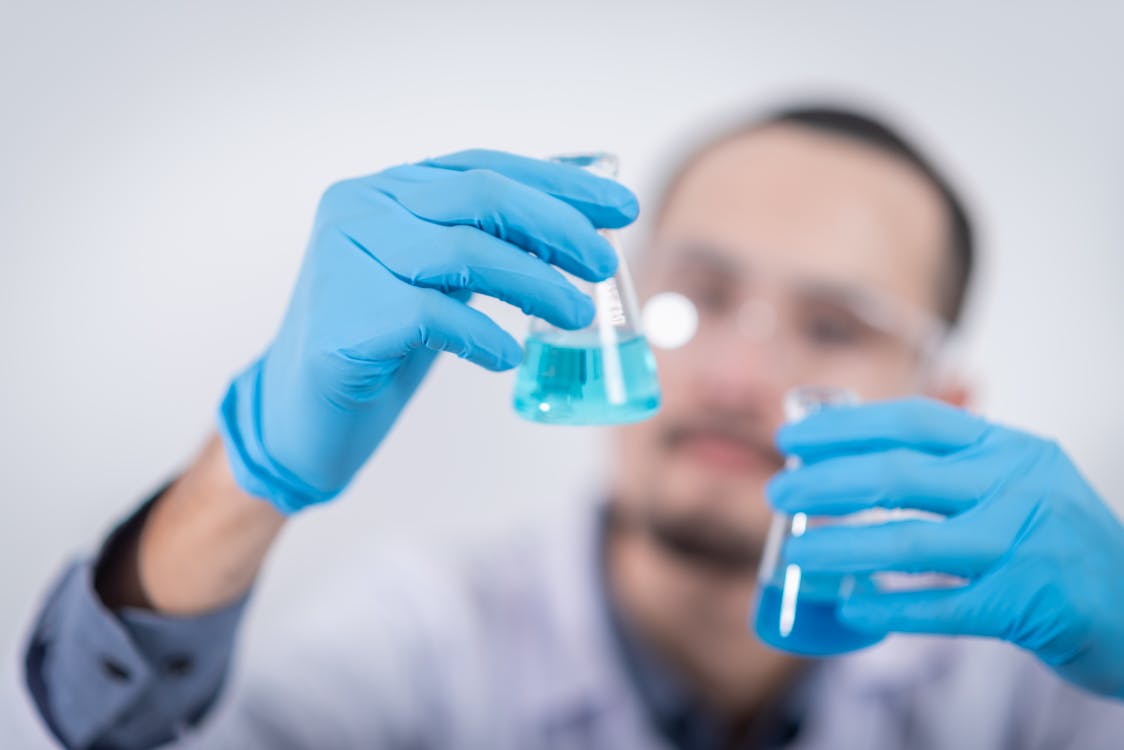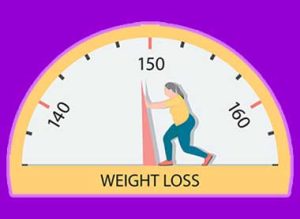
In the pursuit of pushing the boundaries of human performance and optimizing overall well-being, a fascinating concept has emerged: biohacking. Biohacking involves the application of science, technology, and lifestyle interventions to “hack” into our biology and enhances various aspects of physical and mental performance. From athletes seeking that competitive edge to individuals striving for peak health, the trend of biohacking is rapidly gaining attention.
1- What is Biohacking
In recent years, biohacking has gained significant popularity as a movement that encourages individuals to take control of their own biology and explore ways to enhance various aspects of their physical and mental health. The term “biohacking” is derived from “biology” and “hacking,” implying that individuals can adopt a hacker-like mindset to experiment with different techniques and methodologies to understand and improve their bodies and minds.
One of the key principles of biohacking is the belief that our bodies and minds are not fixed entities but rather highly adaptable systems that can be optimized and upgraded through strategic interventions. This approach draws inspiration from various fields, including nutritional science, exercise physiology, neurobiology, genomics, and wearable technology, among others. By incorporating knowledge and tools from these disciplines, biohackers seek to push the boundaries of human potential and achieve new levels of performance and well-being.
Biohacking encompasses a wide range of practices, and individuals may employ different approaches based on their personal goals and preferences. Some biohackers focus on improving physical fitness, aiming to increase muscle mass, decrease body fat, enhance endurance, or boost athletic performance. They might experiment with various diets, exercise regimens, and recovery strategies to optimize their body composition and overall health.
Others are more interested in cognitive enhancement, seeking to improve memory, focus, creativity, and mental clarity. Cognitive biohackers may explore nootropics (cognitive-enhancing supplements), mindfulness practices, neurofeedback, or even brainwave entrainment techniques to fine-tune their mental abilities.
In the realm of longevity and aging, biohackers are fascinated by research into the mechanisms of aging and ways to slow down or reverse the aging process. They might explore caloric restriction, intermittent fasting, and supplements like resveratrol or NAD+ precursors in the hope of extending their lifespan and healthspan.
While many biohacking practices have a basis in scientific research, some experimental interventions might lack robust evidence or could even be considered controversial. It is essential for biohackers to approach their experiments with caution and an awareness of potential risks. Consulting with healthcare professionals and conducting thorough research before attempting any significant interventions is strongly advised.
In addition to individual biohacking efforts, biohacker communities have sprung up around the world, where enthusiasts share knowledge, experiences, and ideas. These communities serve as hubs for collaboration and support, encouraging participants to learn from one another’s successes and failures.
Biohacking also intersects with other fields, such as transhumanism, which explores the integration of technology with biology to transcend human limitations. Concepts like implantable technology, gene editing, and brain-computer interfaces are areas of interest for some biohackers who envision a future where humans can augment their abilities beyond natural limitations.
Overall, biohacking represents a dynamic and evolving movement that aims to empower individuals to take charge of their health and well-being actively. As science and technology continue to advance, it is likely that biohacking will play a significant role in shaping the future of human optimization and longevity. However, responsible and ethical practices, as well as a strong foundation of scientific evidence, will remain crucial to ensure the safety and effectiveness of these interventions.
2- Popular Biohacking Methods
2-1 Nutrigenomics:
Nutrigenomics explores the interaction between nutrition and our genes. By understanding our genetic makeup, we can personalize our diets and supplement regimens to optimize health and performance. Genetic testing services can provide insights into specific dietary needs, potential nutrient deficiencies, and optimal macronutrient ratios.
2-2 Nootropics and Cognitive Enhancement:
Nootropics, also known as “smart drugs” or cognitive enhancers, are substances that can enhance cognitive function, focus, and memory. Popular examples include natural compounds like caffeine, L-theanine, and herbal extracts like ginkgo biloba and bacopa monnieri. These supplements are believed to support brain health, mental clarity, and overall cognitive performance.
2-3 Wearable Technology:
Wearable devices, such as fitness trackers and smartwatches, play a significant role in biohacking. These devices monitor and track various metrics, including heart rate, sleep quality, activity levels, and even stress levels. By analyzing these data points, individuals can make informed decisions regarding their exercise routines, recovery strategies, and overall health management.
2-4 Intermittent Fasting:
Intermittent fasting is an eating pattern that involves alternating between periods of fasting and eating. This approach has gained popularity in the biohacking community due to its potential benefits for metabolic flexibility, weight management, and cellular repair. Different fasting protocols, such as the 16/8 method or alternate-day fasting, offer flexibility for individuals to experiment and find what works best for them.
2-5 Performance-Enhancing Supplements:
Biohackers often explore a range of supplements to optimize performance and support overall health. These may include adaptogens like ashwagandha and Rhodiola rosea for stress management, collagen for joint health, omega-3 fatty acids for inflammation reduction, and various micronutrients to address specific deficiencies.
3- The Ethical and Responsible Approach
The ethical and responsible approach to biohacking is a critical aspect of this emerging movement. As the field expands and gains more attention, it becomes increasingly important to consider the potential risks and implications of various biohacking practices. Ethical biohacking seeks to strike a balance between personal empowerment and the well-being of individuals, as well as the broader societal impact.

One of the key considerations in ethical biohacking is safety. Engaging in radical or untested interventions without proper understanding and supervision can lead to adverse effects on health. Therefore, seeking guidance from qualified healthcare professionals, nutritionists, and experts in the relevant fields is crucial before embarking on any significant biohacking endeavor. They can provide personalized advice, assess potential risks, and ensure that biohacking practices align with an individual’s health status and goals.
Moreover, responsible biohacking acknowledges that the human body is a complex system with interconnected processes. It promotes a holistic approach to health that extends beyond isolated interventions. Rather than focusing solely on achieving specific outcomes, responsible biohackers prioritize overall well-being, recognizing that sustainable improvements often result from a combination of lifestyle choices. This includes regular exercise, a balanced and nutritious diet, adequate sleep, stress management techniques, and maintaining mental and emotional well-being.
Furthermore, ethical biohacking involves being mindful of the potential long-term effects of interventions. While some practices may offer immediate benefits, their safety and efficacy over time may not be well understood. Being cautious about adopting novel or unproven techniques can help avoid unforeseen consequences.
Transparent and accurate information-sharing within the biohacking community is also vital. Personal experiences and anecdotal evidence can be valuable, but they should be balanced with scientific research and data. Misleading or exaggerated claims about the effectiveness of certain biohacking practices should be avoided to prevent harm and disillusionment among those trying them.
Another ethical concern in biohacking revolves around equity and accessibility. As the movement gains popularity, there is a risk that certain biohacking technologies and interventions may become exclusive to those with financial means. Ensuring that biohacking knowledge and tools are accessible to a diverse range of individuals is essential for promoting equal opportunities for improved health and well-being.
Regulation and oversight of biohacking practices can also play a role in promoting ethical standards. While biohacking is often performed on an individual basis, some interventions may have broader societal implications. Government agencies and ethical review boards may need to monitor certain biohacking practices to safeguard public health and prevent potential misuse.
The media’s portrayal of biohacking is another aspect that warrants ethical consideration. Sensationalized stories or misinformation can lead to public misconceptions about biohacking and its benefits and risks. Responsible reporting should be encouraged to provide accurate and balanced information to the public.
Conclusion
Biohacking represents a cutting-edge approach to optimizing human performance and well-being. Through applying lifestyle modifications, dietary interventions, and innovative technologies and supplements, biohackers aim to push the boundaries of what our bodies and minds can achieve. By understanding the principles of biohacking and exploring popular methods such as nutrigenomics, nootropics, wearable technology, intermittent fasting, and performance-enhancing supplements, individuals can embark on a journey to maximize their performance potential and elevate overall health.
In conclusion, biohacking holds tremendous potential to empower individuals in their pursuit of improved health and performance. However, this potential comes with a responsibility to approach biohacking ethically and responsibly. By seeking expert guidance, maintaining a holistic approach to health, promoting transparency, ensuring equitable access, and considering broader societal implications, individuals and the biohacking community can contribute to a more positive and beneficial biohacking movement. As biohacking continues to evolve, it is crucial to prioritize safety, scientific evidence, and ethical principles to harness its full potential for human well-being and advancement.




